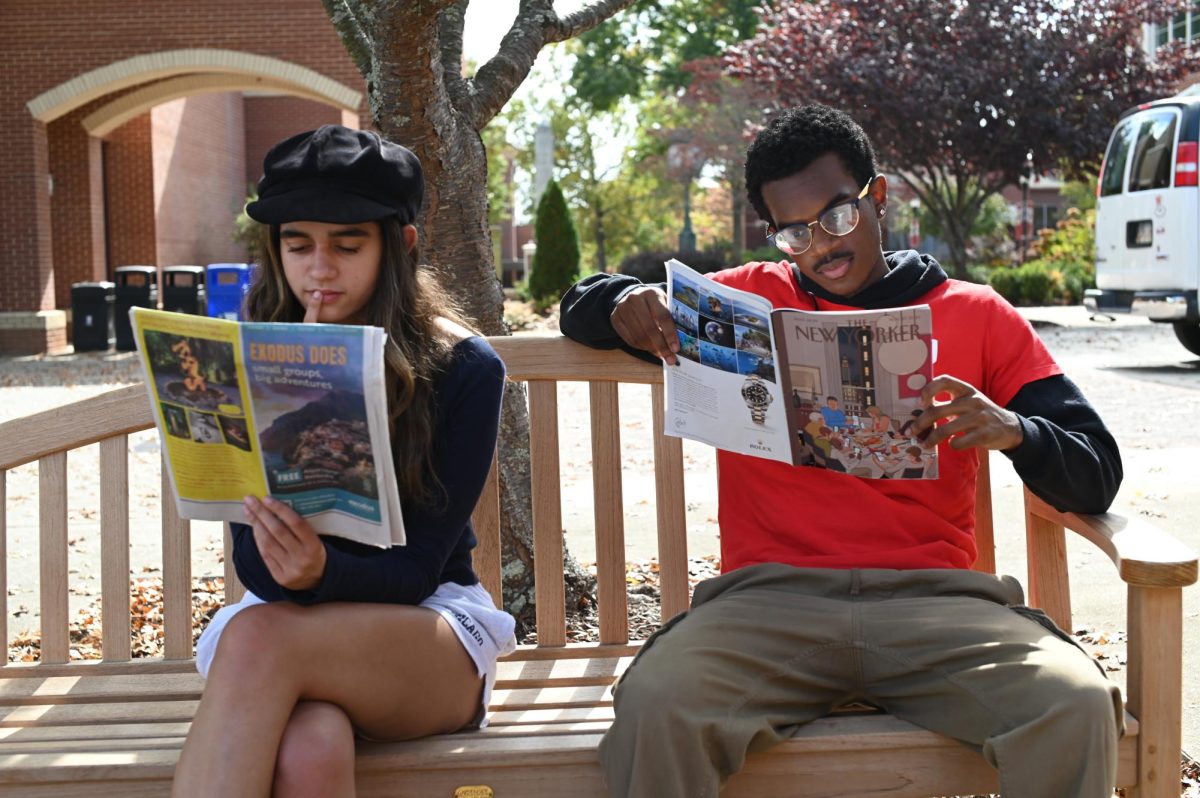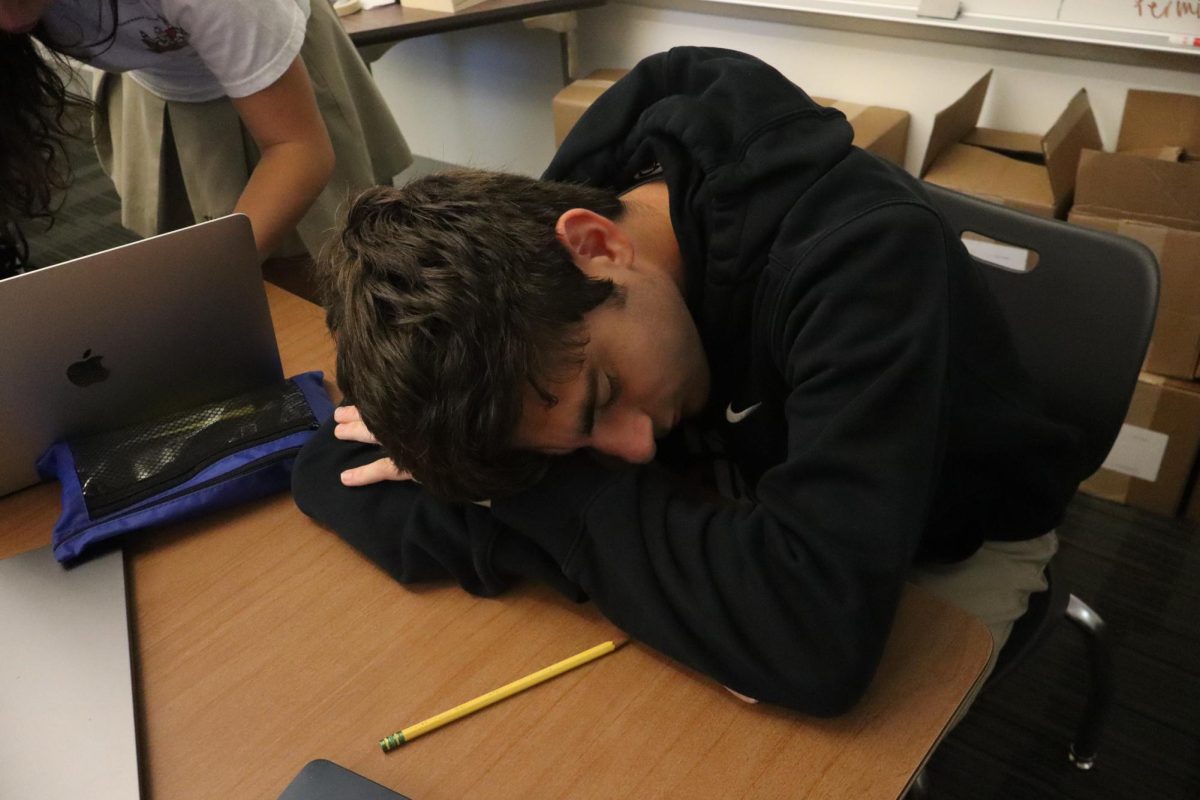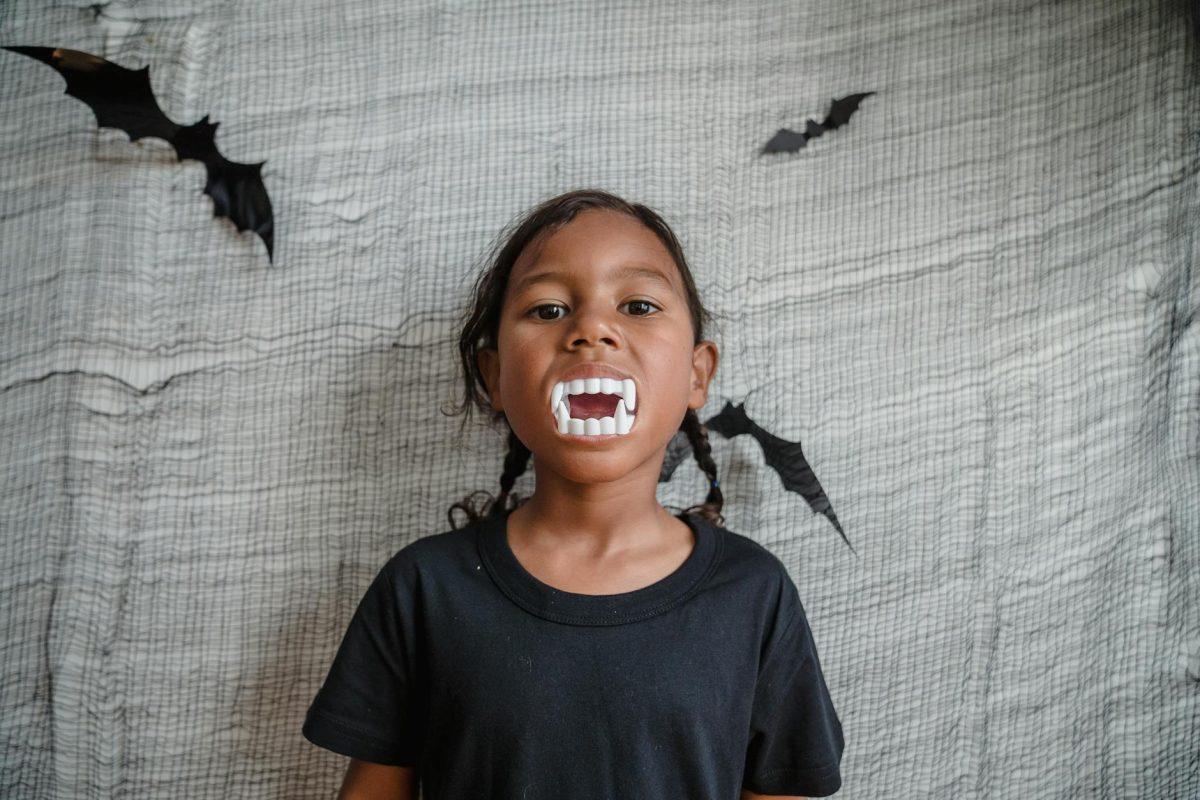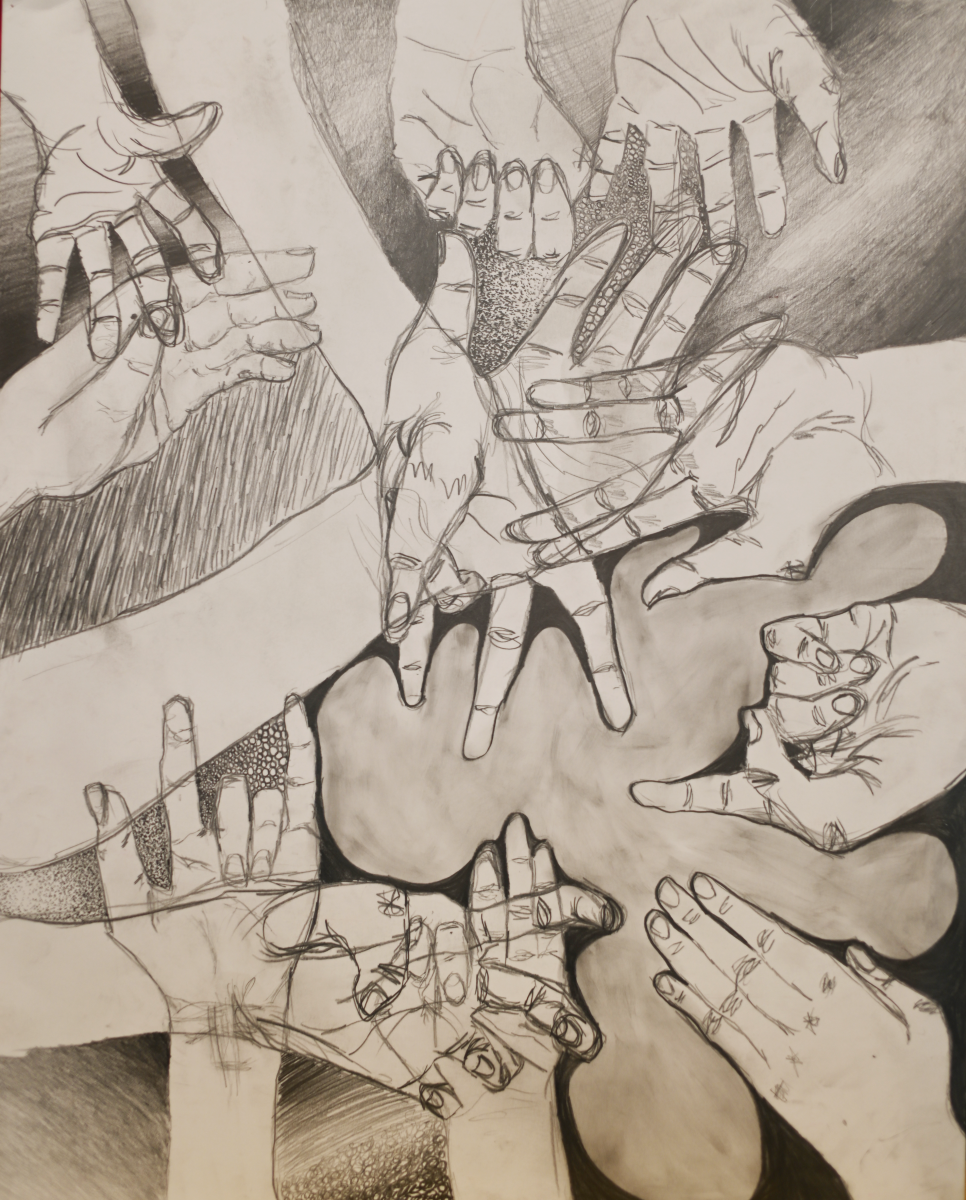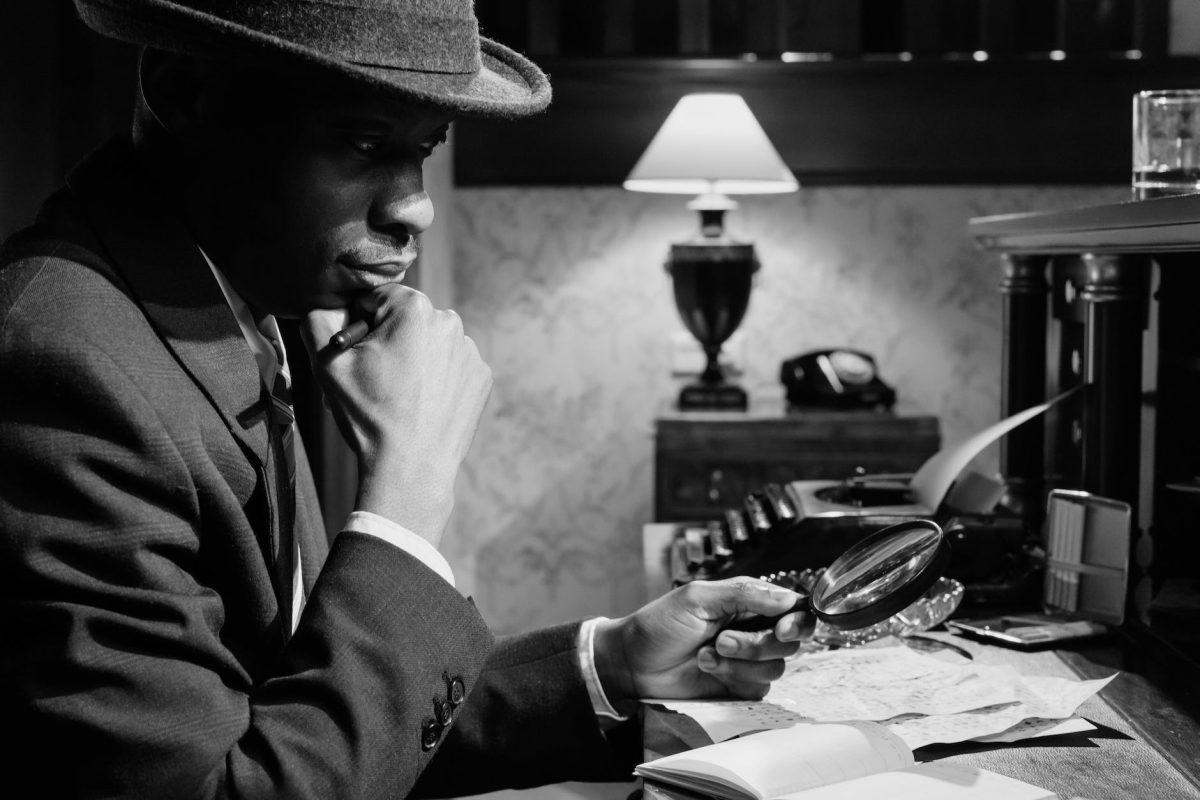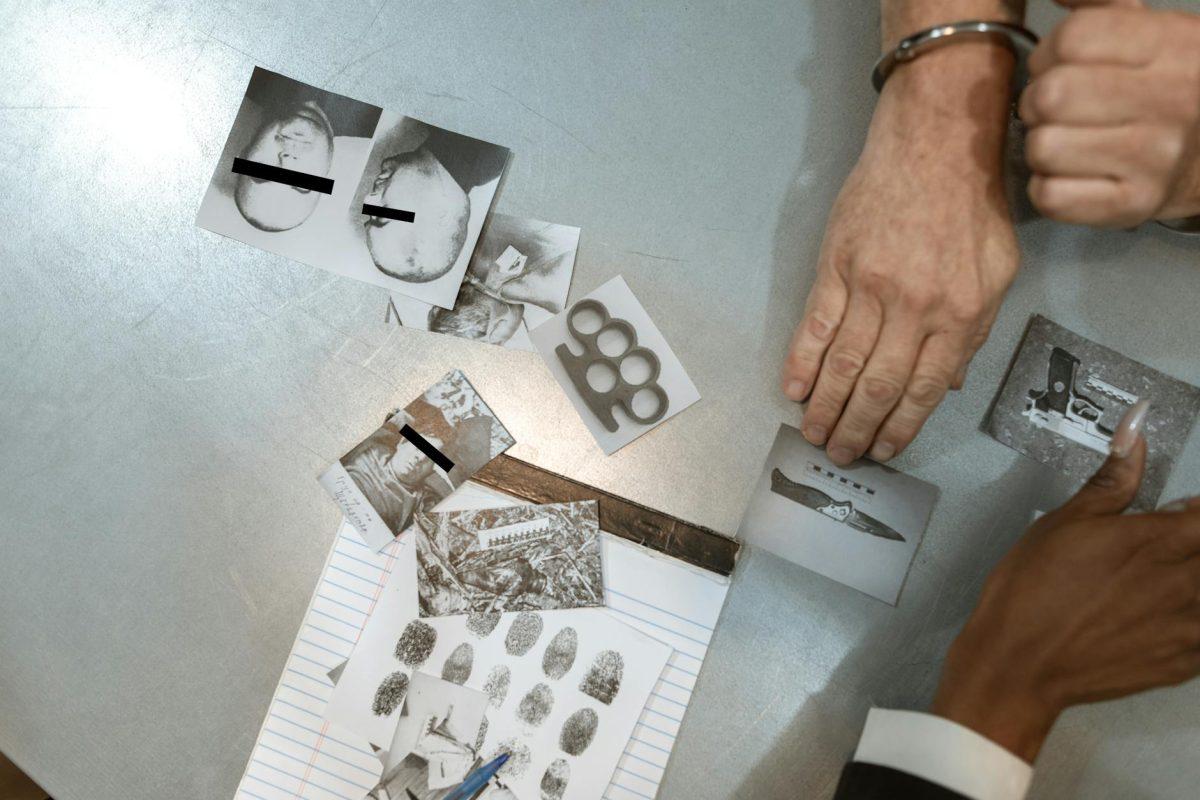True crime has skyrocketed in popularity, with documentaries captivating viewers’ attention through exploring real-life murders. Documentaries like “What Jennifer Did” or “The Menendez Brothers” both fall into these categories. Many questions emerge once this genre gains popularity, especially: are these documentaries telling the raw truth, or are they crossing the line for entertainment? Viewers are left to wonder what we’re consuming. Boundaries begin to blur between fact and fiction.
It’s easy to forget that these are real people involved in real-life cases of murder and abuse. The idea of consent is essential to discussions like this. Victims and family members are still connected to these cases because of the loved ones they lost from these traumatic experiences that are played live on television. These documentaries may be for the public interest, but it is important to think about how the victims’ families would love to have a voice in how their stories are shown. Aniya McElhaney ‘26 has her thoughts concerning the importance of respecting the privacy of those connected to these crimes.
“They can be a little bit too intruding on the family because, you know, since it’s an actual case, it’s actual victims…,” McElhaney said. “They need sometimes a little bit more privacy when it comes to… their stories being covered.”
Another student, Akiva Bryant ‘26, mentions the documentary “DAHMER,” which has many critics questioning how the documentary handled things in terms of privacy and respect for the families affected by these cases, especially if the resulting documentary drew many viewers.
“The victims of Dahmer, like the victim’s family, did not want that show to come out, and they still kind of like went through with it, which, you know, isn’t nice,” Akiva said.
Beyond addressing family consent, some–like Marlie Laguerre ‘26–even have an issue with the exaggeration of details to make the production more engaging.
“I feel like a lot of people make money off of it,” Marlie said. “And obviously, I’m giving them money, but sometimes it just makes me feel bad, guilty.”
This dramatization could also distort the reality of the case. The genuine value of these events may be lost and seen as more entertainment than truth. Lauren Pinkney ‘26 elaborates.
“I would be a little bit more realistic,” Lauren said. “I feel like there’s not a lot of realism in the true crime shows that are put out there.”
A further complication of true crime’s less-than-truthful portrayal of the cases is the potential to distort the character of the perpetrators. Filmmakers often humanize their characters to provoke sympathy–and even curiosity. Naomi Fleming ‘26 expressed it quite clearly.
“The lines get a little bit blurry because, like, you’re building a connection with them [killers featured in these documentaries],” Naomi said. “It can get kind of weird, especially if the audience, like, connects to the killer.”

